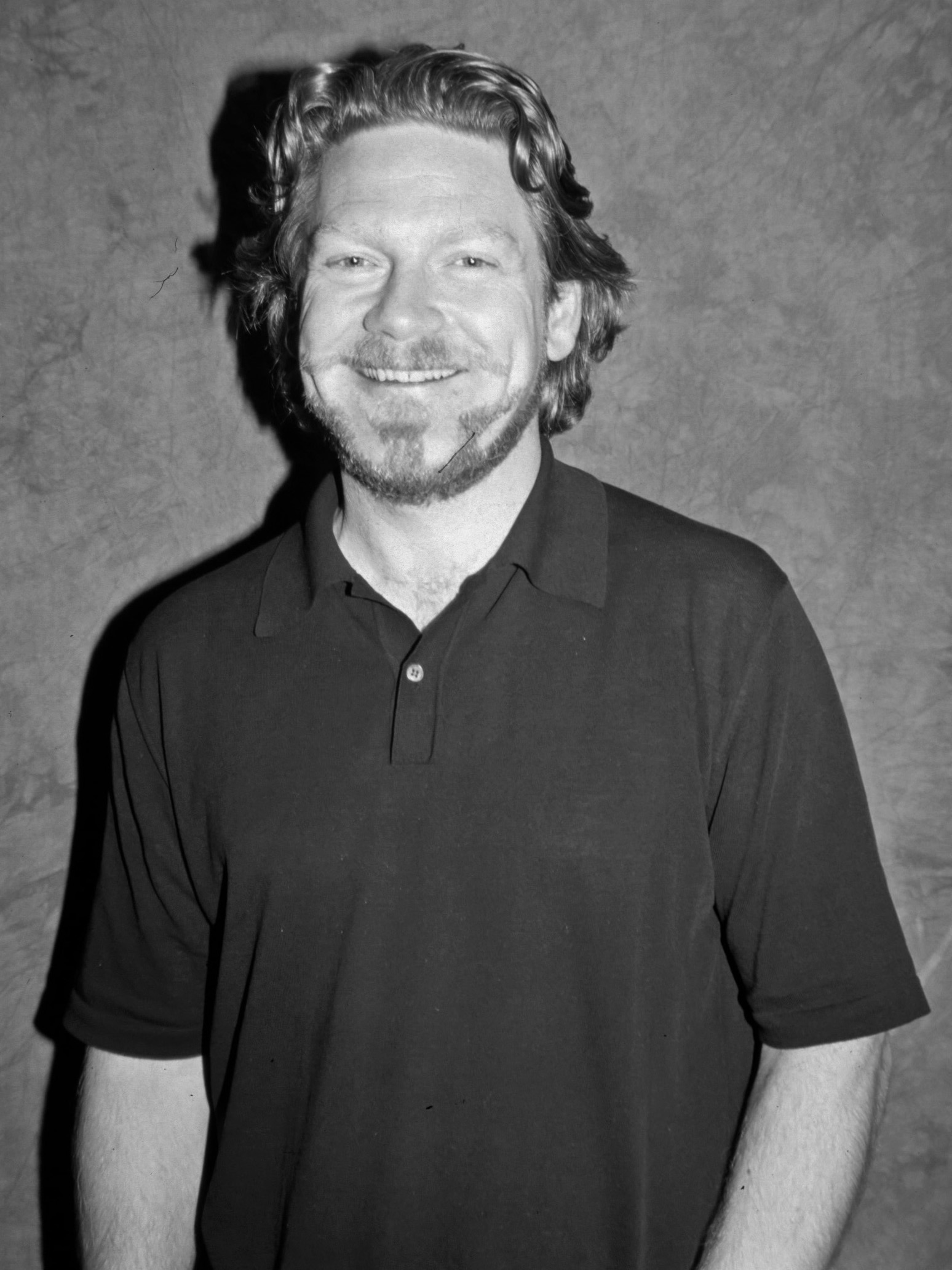
- Golden Globe Awards
Out Of The Archives, 1995-1996: Kenneth Branagh on William Shakespeare
Kenneth Branagh won his first Golden Globe in 2022, after five nominations, for the screenplay of Belfast, the autobiographical film he also directed. The Irish actor/writer/director adapted into movies several plays by William Shakespeare throughout his career. He directed, wrote and starred in Henry V (1989), Much Ado About Nothing (1993), played Iago in Othello (1995) written and directed by Oliver Parker, directed, wrote and starred in Hamlet (1995), Love’s Labour’s Lost (2000), directed and wrote As You Like It (2006). He directed All Is True (2018) where he played Shakespeare himself. He talked about his relationship with the English playwright in exclusive 1995 and 1996 interviews with the journalists of the Hollywood Foreign Press.
Branagh was first introduced to Shakespeare plays when he studied them in school at age 14: “Like many people in our school system, I was asked to read aloud from one of his plays in class, in my case, The Merchant of Venice, and it really didn’t make terribly much sense to me at that time. It wasn’t until I saw a live production of Hamlet with Derek Jacobi when I was about 16, that I suddenly realized that the plays are never really fully alive on the page, although they often are magnificent as pieces of poetry, but their most immediate point of understanding, of contact with an audience, is when they’re performed, whether it’s in the theatre or in cinema.”
The actor’s close connection with Shakespeare deepened when he played the Danish Prince in the first full-length movie version of Hamlet that he directed: “It’s a practical thing, when you look at the plays, they’re about people you recognize, in this film I feel as though I’ve met some of these characters. I certainly feel that there’s a Hamlet in all of us, someone trying to do the right thing and being confused by all sorts of contradictory emotions. The poetry gets into your system and the reason it stays in my life is that, like a great piece of music, when you go back to it, either read it or work on one of the plays or have the privilege of doing one of these films, then you find something else, like a favorite tune or some marvelous classical piece. It’s like a constant friend and it speaks to you in a different way as you get older. He seems to really cover the map of human emotions, so there’s always something there. If you’re depressed, if you’re happy, if you’re whatever, here’s something that expresses it.”
The director found that the themes of Hamlet and other plays about leaders and kings still resonated in the contemporary world: “We continue to be very intrigued by people who are in positions of privilege and power, but nevertheless have to live their lives under the microscope in a pressure cooker of attention. We are more and more aware of that, and it was certainly a theme in Shakespeare’s work that the isolation of leadership put ordinary human beings under intense pressure. He continues to tell us that they’re still flesh and blood and yet they’re under pressure to lead exemplary lives. Our media tends to be utterly fascinated by the weaknesses, the ordinary human frailties of people who we somehow expect to be superhuman. Hamlet is in part about that and in that sense perhaps it does reflect something that we are increasingly interested in.”
Branagh summed up all the qualities that make Shakespeare the greatest playwright in the English language: “He was a very acute and shrewd observer of human behavior. He seemed to have experience of every domestic situation, a view on every national situation, on politics and war, he knew about every human emotion, rage, grief, ambition, jealousy, and presented them in staggering detail with vivid characters. He was someone who managed to do it in the tragedies, not only with dark passion but also with wit and humor, and he leavened the comedies with often quite dark and ugly qualities. There’s never an authorial voice that’s sentimental, although he may put that sentiment into the voice of some of the characters. He’s never judgmental, as far as I can see. That’s why it’s so hard to define what Shakespeare’s politics or religion are. He hides himself quite wonderfully, so he’s the most elusive, the most complete author that we have, whose observation of humanity seem to me the richest that we have in literature. And his batting average was fantastic. 37 plays. That’s pretty good, isn’t it?”

